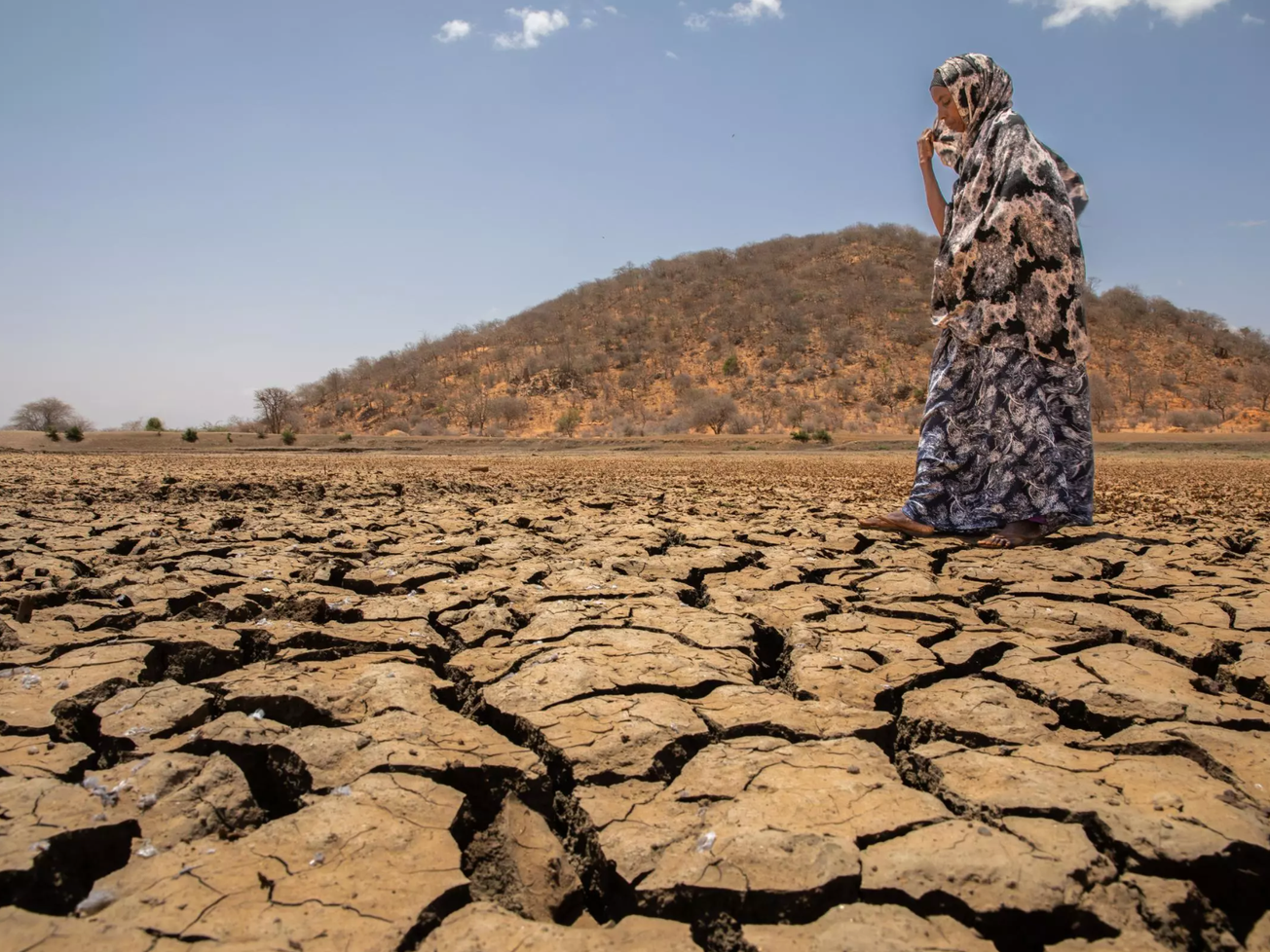Disease outbreaks and climate-related emergencies that fuel an ever-growing hunger crisis in the Horn of Africa. Torrential monsoon rains in Pakistan that left millions at risk of drowning and malnutrition, and one-third of the country flooded. Increased carbon emissions and rising antimicrobial resistance that tag alongside a global food crisis – all made worse by Russia’s invasion of Ukraine.
These are some of today's health crises behind the urgent call for action among global health leaders at the 27th United Nations Climate Change Conference, or COP27, the two-week summit underway in Egypt's resort city of Sharm el-Sheikh.







